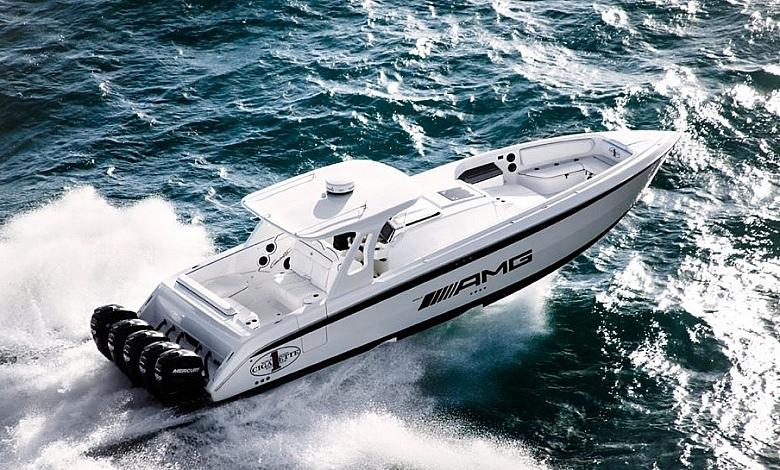Marine Tourism in Dominica

Marine Tourism in Dominica revolves around the island’s crystal-clear waters, vibrant coral reefs, and dramatic volcanic seascapes, attracting visitors and researchers alike. Whether engaging in scuba diving, snorkelling, yachting, or whale watching, travellers can immerse themselves in Dominica’s unique marine environment while supporting sustainable, community-based initiatives that preserve the island’s natural assets.
Over the past decade, Dominica has gained increasing recognition for its eco-friendly approach to marine-based activities. Local organizations, NGOs, and government agencies play key roles in shaping regulations that protect marine habitats. Beyond leisure, marine tourism also fuels economic growth, providing livelihoods for communities across the island.
History of Marine Tourism Development in Dominica
Dominica’s evolution into a world-class marine tourism destination can be traced to the late 20th century when early operators began catering to underwater explorers eager to experience the Caribbean’s healthy reefs. As interest grew, local businesses emerged, offering specialised tours and excursions. Throughout the 1990s and early 2000s, the government emphasised eco-tourism to differentiate Dominica from more commercialised Caribbean locations, giving rise to a tourism model that values responsible resource use and authentic visitor experiences.
Policy and Governance
The island’s regulatory framework has been shaped by collective efforts involving the Ministry of Tourism, private stakeholders, and conservation-oriented NGOs. Today, marine tourism laws align with Protected Areas in Dominica guidelines, ensuring that environmentally sensitive zones, such as the Cabrits National Park Marine Section, remain safeguarded. Local enforcement bodies collaborate with community-led surveillance teams to prevent illegal fishing, anchor dropping on coral reefs, and other harmful activities.
Role of Local Associations
Organizations like the Dominica Watersports Association have significantly influenced best practices and environmental standards. Through partnerships with the government and private operators, the association enforces safety codes, promotes coral reef restoration, and encourages respectful wildlife viewing. Meanwhile, private entities such as Dive Dominica Ltd. and Nature Island Dive play vital roles in training local dive masters and guides, helping to uphold globally recognized safety standards for underwater activities.
Prime Destinations for Marine Adventures
Dominica’s coastline spans the Caribbean Sea and the Atlantic Ocean, offering diverse marine environments. The calmer West Coast boasts some of the region’s top dive and snorkel sites, whereas the eastern coast is characterized by rugged shores and stronger currents that appeal to adventure seekers.
Iconic Sites
Several marine spots in Dominica have achieved near-legendary status:
- Soufriere Scotts Head Marine Reserve: Famed for its underwater volcanic vents and the popular Scotts Head Drop-Off. Divers can experience hydrothermal activity and encounter schools of tropical fish swirling around coral pinnacles.
- Champagne Reef: Here, geothermal bubbles seep through the seafloor, creating a champagne-like effect visible to snorkelers and divers alike. Vibrant sea life, including sponges and eels, thrives amidst the warm mineral waters.
- Purple Turtle Beach and Toucari: Located in Dominica’s Northwest, these sites allow easy snorkelling off the shore. Crystal-clear conditions reveal parrotfish, sergeant majors, and healthy coral growth.
Marine Protected Areas
Dominica’s commitment to sustainability is evident in its system of protected regions. The Cabrits National Park Marine Section, positioned near the island’s northern tip, features coral reefs, mangroves, and seagrass beds. In these areas, stricter regulations govern boat traffic, fishing practices, and visitor interactions, ensuring that vital ecosystems remain pristine. Educational signage and guided tours enhance visitors’ understanding of the marine environment, promoting responsible tourism.
Economic and Community Impact
Marine tourism contributes significantly to Dominica’s economy, accounting for a growing share of foreign exchange earnings. Small-scale operators such as boat charters, snorkel guides, and kayak rental businesses benefit from this influx of visitors. Additionally, marine tourism indirectly supports other sectors, including accommodation, restaurants, and transportation.
Local Involvement and Cultural Exchange
Coastal communities play an active part in marine tourism. Fishermen often transition into boat tour operators, sharing local knowledge and maritime traditions with visitors. This exchange fosters mutual respect between hosts and guests, allowing tourists to gain insights into traditional ways of life. Culinary tourism is linked to fresh seafood, and paired with the warmth of local festivals, it further enriches the cultural dimension of Dominica’s marine tourism sector.
Sustainable Futures
Environmental NGOs collaborate with schools and youth organizations to embed conservation values in local culture. Beach clean-ups, coral transplanting, and workshops on marine life are regularly conducted, ensuring that future generations will steward Dominica’s marine legacy. Dominica aspires to remain a model for responsible marine tourism in the Caribbean by balancing economic opportunity and ecological preservation.
Emerging Trends and Opportunities
Dominica’s reputation for conservation-minded tourism continues to attract nature lovers, researchers, and digital nomads. Authorities are exploring opportunities to expand marine research programs, encouraging scientific collaboration with international universities. Meanwhile, small-scale eco-lodges are sprouting along the coast to cater to travelers seeking immersive, off-the-grid experiences.
Technological advances, such as virtual dive briefings, real-time reef monitoring, and eco-friendly watercraft, offer potential for further innovation. By embracing these developments, local stakeholders can strengthen Dominica’s position as a global leader in sustainable marine travel.




